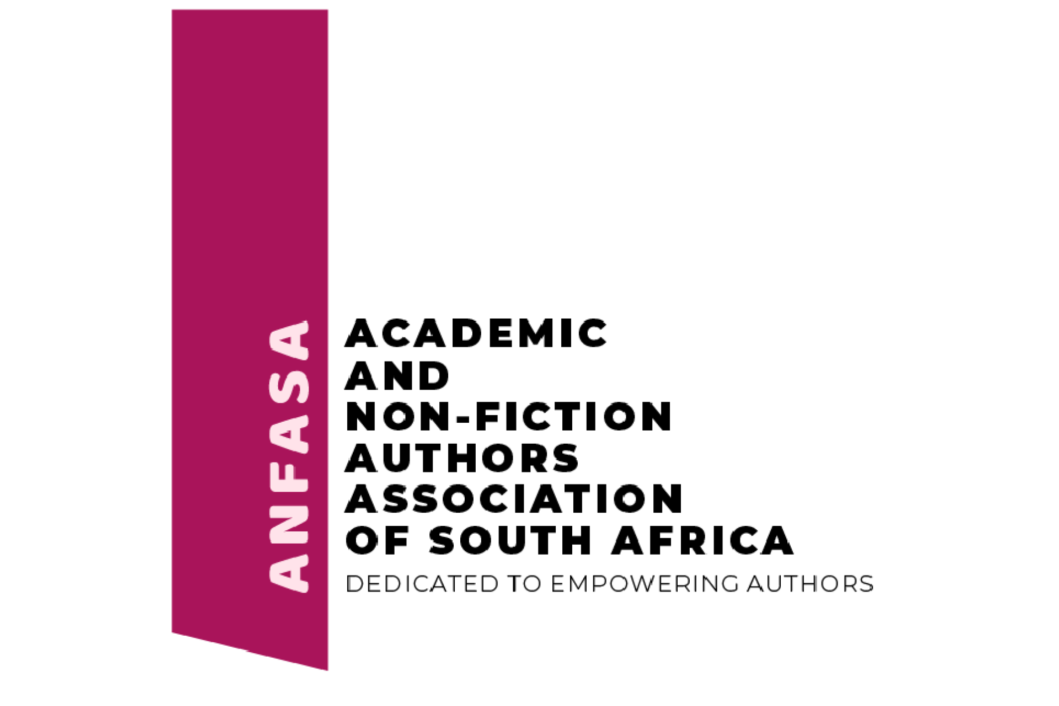Keyan G Tomaselli and Hetta Pieterse, Academic and Non-Fiction Authors’ Association of South Africa
Copyright issues have veered sharply off course over the past seven years, starting with Cabinet’s approval of the legally flawed Copyright Amendment Bill in 2016. As has been widely reported in the news media, the outcome is a far cry from the initial good intentions of the reform to protect creators of copyright works. It has for some time been clear that the process towards the laudable goals have been appropriated to serve other ends.
The Bill’s resulting procedural material irregularities now cannot be corrected. Despite the state’s claims to the contrary, a socio-economic impact assessment was never done. And, research supposedly supporting the Bill’s expropriative copyright exceptions, including the American doctrine of `fair use’, does not exist.
However, by the end of May 2023, eight of the nine members of the National Council of Provinces (NCOP) had supported the Bill. Some provinces nevertheless did raise appropriate concerns, and proposed some far-reaching amendments to, and reversals of, clauses in the Bill. Some rejected ‘fair use’ with four provinces explicitly proposing that an impact study first be done.
In South Africa, a Bill such as this must go through the National Council of Provinces after it has been passed at the National Assembly Level. It will need to go back to the National Assembly later on its path to potentially becoming law.
Therefore, the key issue now getting recognition in the NCOP relates to the Bill’s demand for ‘user rights’, manifested by copyright exceptions and a `fair use’ provision. These allow free content and disempower creators and authors in a way that contradicts the Creative Industries Masterplan accepted by Cabinet in 2022.
Where the Masterplan sees tradable value in creative intellectual property in terms of national growth, the Bill wants the proceeds of intellectual and creative labour to be rendered free to users in Government and the educational sector, with a collateral benefit to Big Tech. The Big Tech sector stands ready to trawl for and monetise local creative and scholarly work, and then to render these products ‘free’ to ‘users’ (which include themselves).
The Bill weakens protections of published materials used for educational purposes. Educational publishing is the backbone of the publishing industry in South Africa. The loss of copyright in this huge reading sector will cause significant industry contraction, not only in textbook publication, but in other sectors too from an inevitable knock-on effect.
This unconstitutional legislation is being imposed regardless of the cost to the local creative industries, or to education. An international bridgehead for Big Tech will deny South African creators the true value of their labour.
In effect, the Bill will legalise the theft of original work for reselling by operators who paid nothing for it, yet who monetise access to it. That is the basic contradiction that the pro-Bill lobby fails to engage. Where Robin Hood stole from the rich to give to the poor, the Copyright Amendment Bill will enable the rich to steal from anyone who creates anything. The warnings are in the thousands of pages submitted by the creative industries to Parliament’s Portfolio and Select Committees.
Why is Parliament not listening? That’s the key question we are all asking.
The issues are extraordinarily complex and readers are referred to the following open access articles:
Dean, O, 2023, Confessions of a struggling Author: New copyright laws will kill us all, Anfasa Magazine ; https://blogs.sun.ac.za/iplaw/about/staff-members/owen-dean/
Saxby, P. 2023, Poor communication undermines provincial hearings on Copyright and Performers’ Protection Amendment Bills
Salomé le Roux, Von Seidels, 2016, Copyright Amendment Bill, 2017 and Performers Protection Amendment Bill, 2016].
André’ Myburgh, 2023, Copyright Amendment Bill process drawn into question
Myburgh, A, 2019. Fringe views replace universities’ position on the Copyright Amendment Bill – The Mail & Guardian (mg.co.za)
Cayla Murray, 2023, DTIC misrepresented Copyright Amendment Bill process to parliament and public | DA WCPP Newsroom (wordpress.com)
Myburgh AF; Blignaut H; Griffiths W; Hollis S; Le Roux S; Pretorius TL; Rengecas T; Salmon O; Steyn C. 2023. Copyright Reform or Reframe?. Free Flipbook Download Link: Click here
Academy of Science of South Africa. 2022. Copyright Amendment Bill Workshop Proceedings Report (assaf.org.za)
Tomaselli, K. 2022. The 2022 Copyright Amendment Bill: Implications for the South African universities’ research economy .
Karjiker, S. 2022. A joinder to Keyan Tomaselli’s “The 2022 Copyright Amendment Bill: Implications for the South African universities’ Research Economy”.
Wafawarowa , B. 2022. Comments on Keyan Tomaselli’s “The 2022 Copyright Amendment Bill: Implications for the South African universities’ Research Economy”

